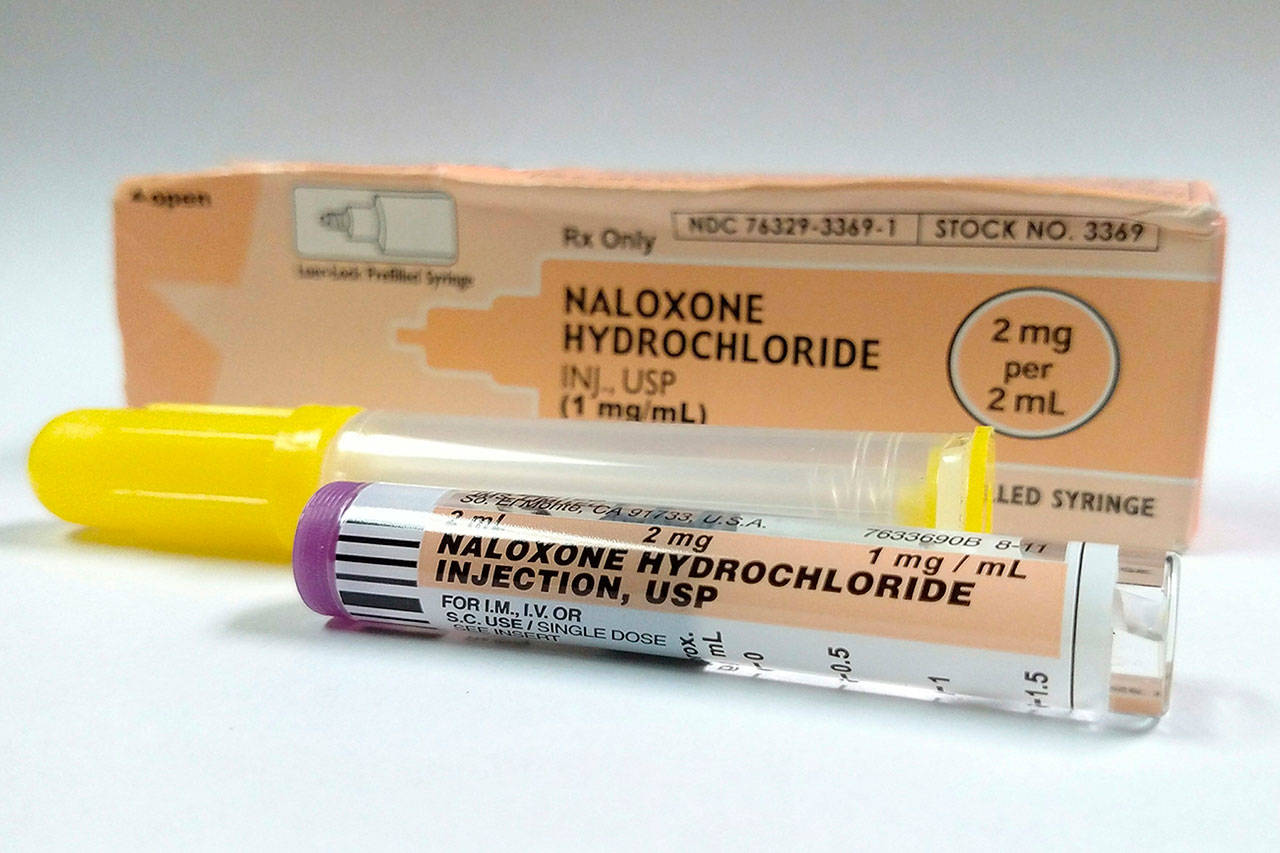The following was written by Sharon Bogan for the Public Health Insider, the blog for Public Health — Seattle & King County:
Public Health – Seattle & King County is alerting our community about a sharp rise in fatal overdoses over the past two weeks. In the period from Dec. 27, 2020 to Jan. 9, 2021, the King County Medical Examiner’s Office identified 42 suspected or confirmed overdose deaths. Sadly, this two-week period is the highest number of overdoses in a two-week period ever documented in King County.
After an increase in overdose deaths in late spring and summer, overdose deaths declined in the fall. These last two weeks mark a sharp increase—double the average number of weekly fatal overdoses throughout much of 2020.
The overdoses were geographically dispersed across King County and fall into similar age distributions we often see with drug overdoses. Half of decedents were between the ages of 36 and 55. In this two-week period, 45 percent of the fatal overdoses were among females, which is higher than usual.
Preliminary testing from the King County Medical Examiner’s Office suggests that the majority of the deaths likely resulted from poly-drug use. As typically seen in recent years, preliminary test results suggest that methamphetamine was involved in 17 of the recent drug overdose deaths and 7 deaths involved fentanyl. The full extent to which specific drug classes contributed to the recent deaths won’t be known until toxicology test results are released by the Washington State Patrol Toxicology Laboratory.
“It is more important than ever to check on those who you think may be struggling, either with stress, anxiety, depression, other behavioral health issues or increase in drug misuse,” said Brad Finegood, Strategic Advisor for Behavioral Health, Public Health – Seattle & King County. “There are many different options available for people who may be considering a path to treatment. Just in the past few months, 80 health providers in our region completed the necessary training to be able to prescribe buprenorphine—the effective medication to treat opioid use disorder and there is treatment available across the county.”
CONCERN OF OVERDOSE IN TIME OF COVID
At this point, we do not know the full effect COVID-19 is having on substance use or misuse. It is likely a complex picture. In some cases, access to medications that treat opioid use disorder has improved. Providers can now start people on medications such as buprenorphine through telemedicine. The Washington Recovery Helpline is a good starting point if you or someone you know is interested in exploring options for medications that treat opioid use disorder.
At the same time, we also know that people often feel more isolated. For so many of us, we have less in-person support and less access to activities that can help us cope with daily stresses. This can be challenging, particularly for those who have struggled with drugs or alcohol. King County Department of Community and Human Services provides referrals for mental health and substance use services if you have Apple Health/Medicaid: Call 206-263-8997 or 1-800-790-8049 to learn more.
SHARE THIS INFORMATION
• It is important to have naloxone available. Visit http://stopoverdose.org/section/find-naloxone-near-you/.
• Do not use alone.
• Avoid pills from the street or online
• If you suspect an overdose, call 911 right away. The Good Samaritan Law protects you and the person overdosing from drug possession charges. More information on the Good Samaritan Law is available at http://stopoverdose.org/section/good-samaritan-law/
• Seek treatment for drug use disorder to help stop using drugs – call the Washington Recovery Hotline for treatment resources. 1-866-789-1511 (www.warecoveryhelpline.org).


